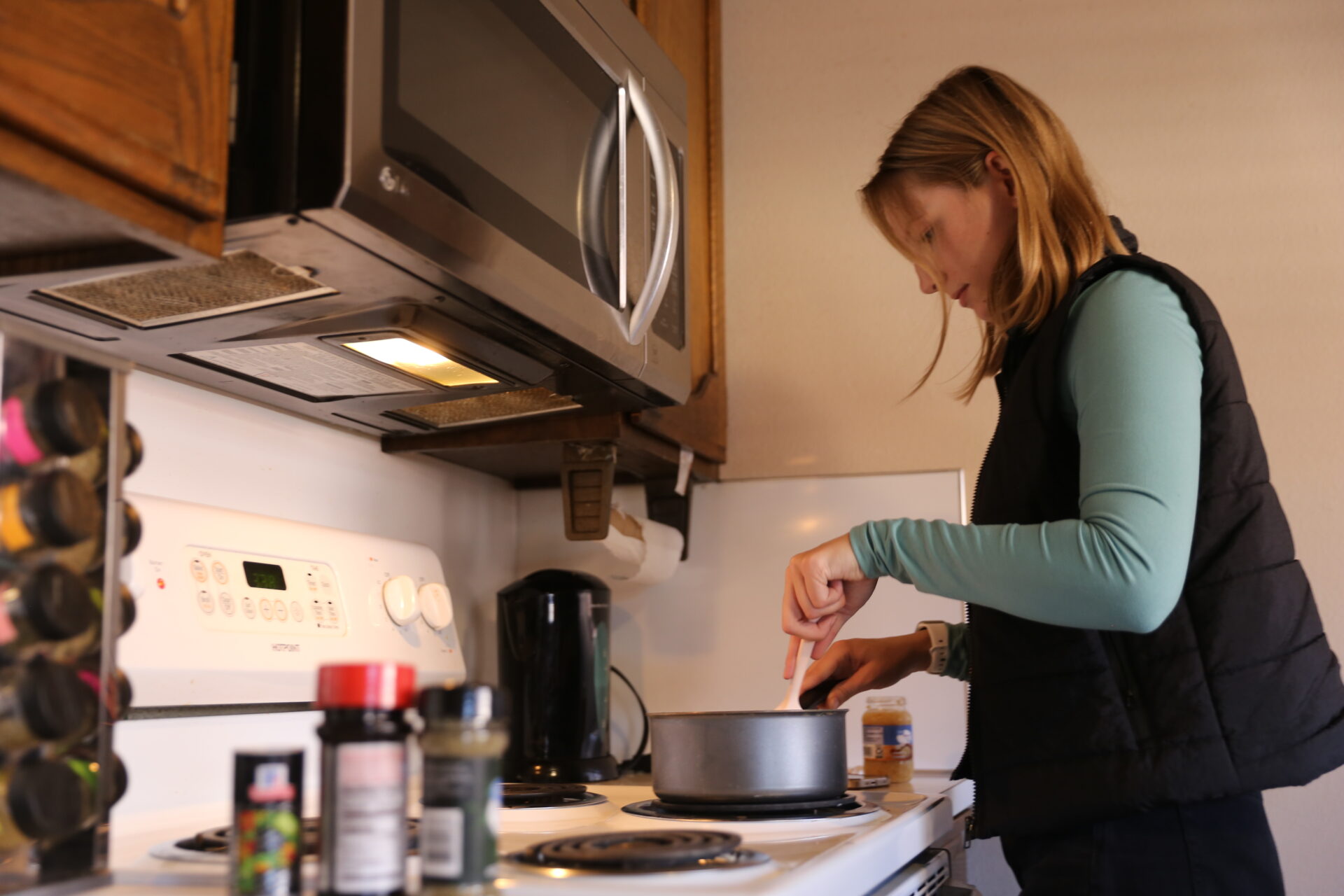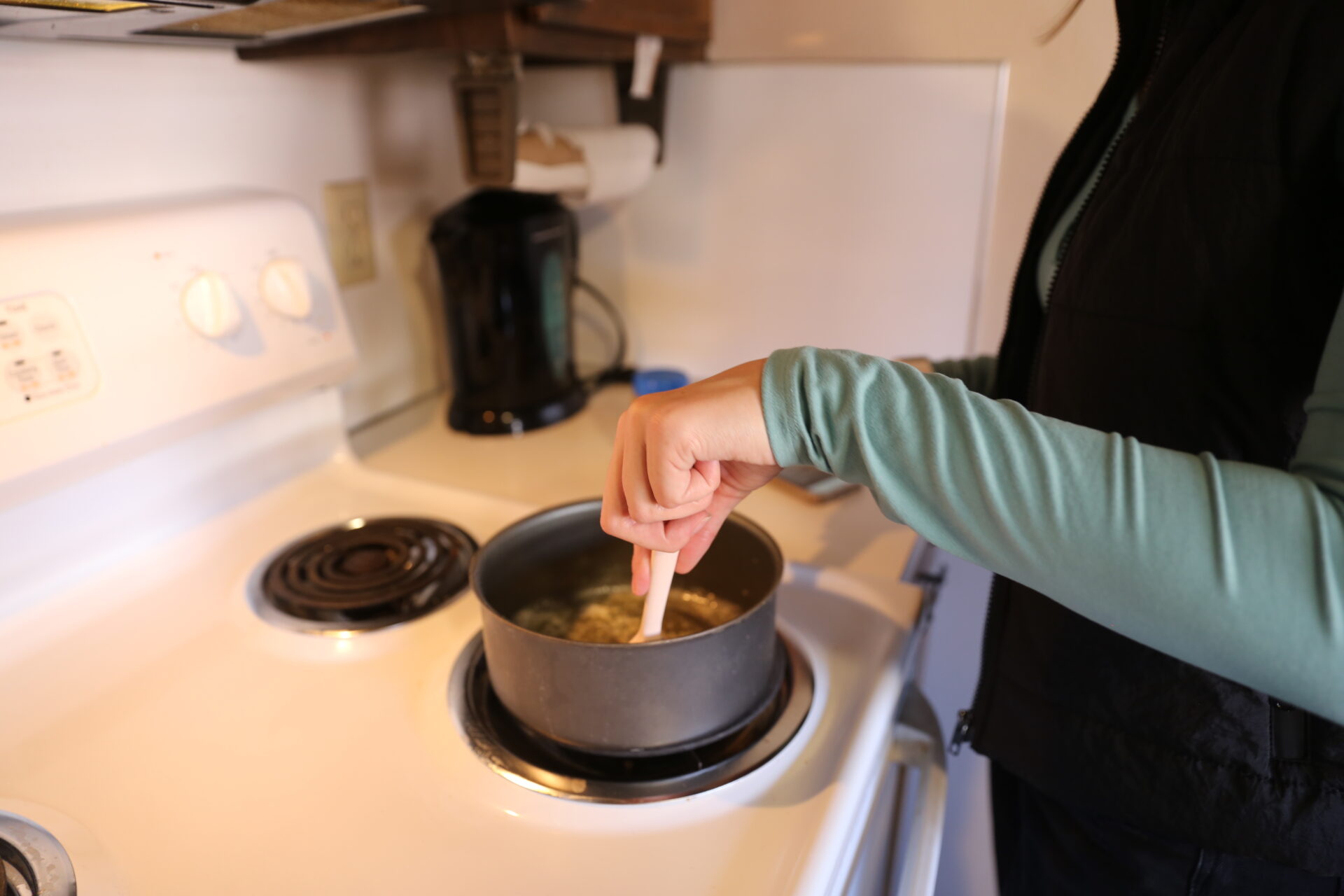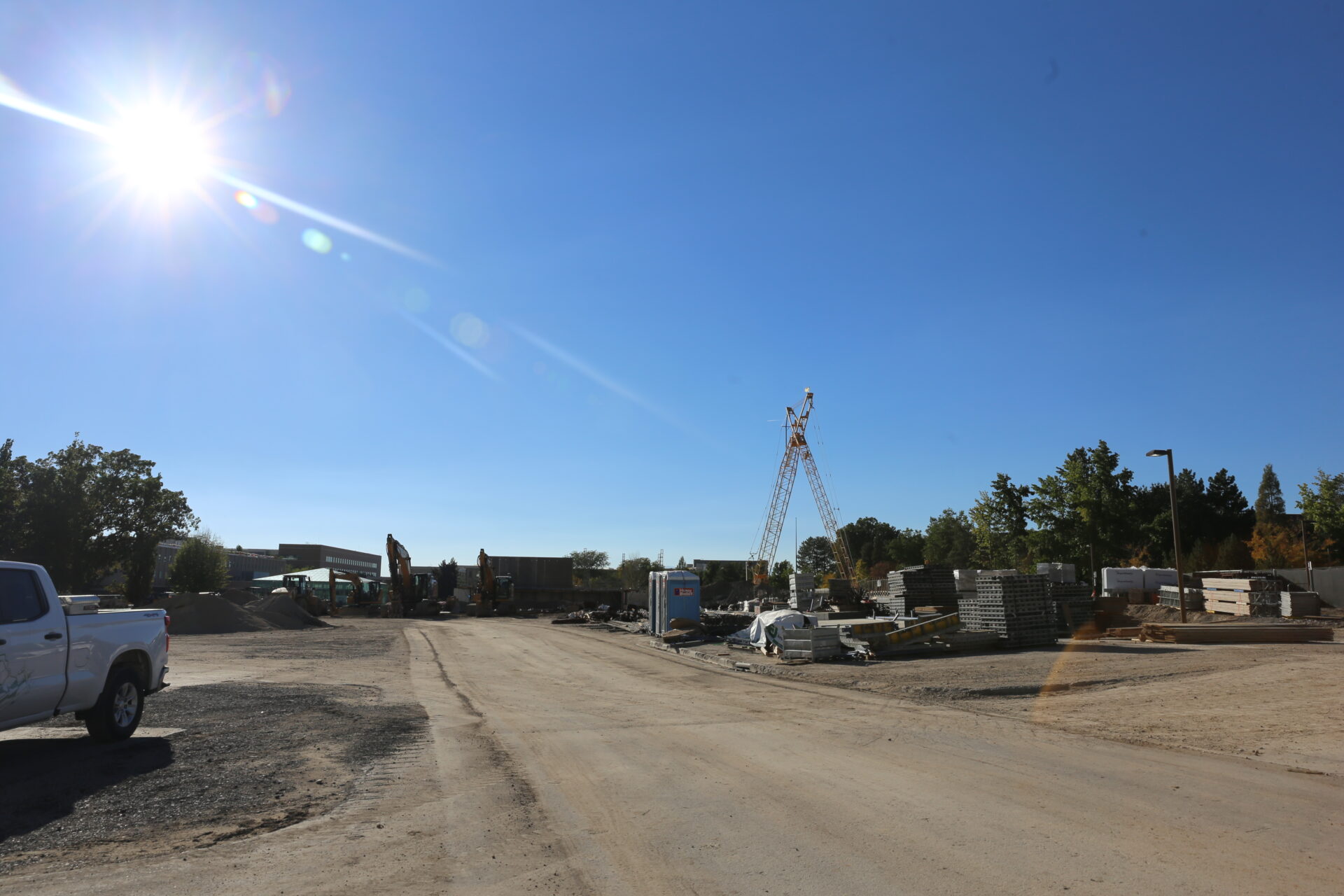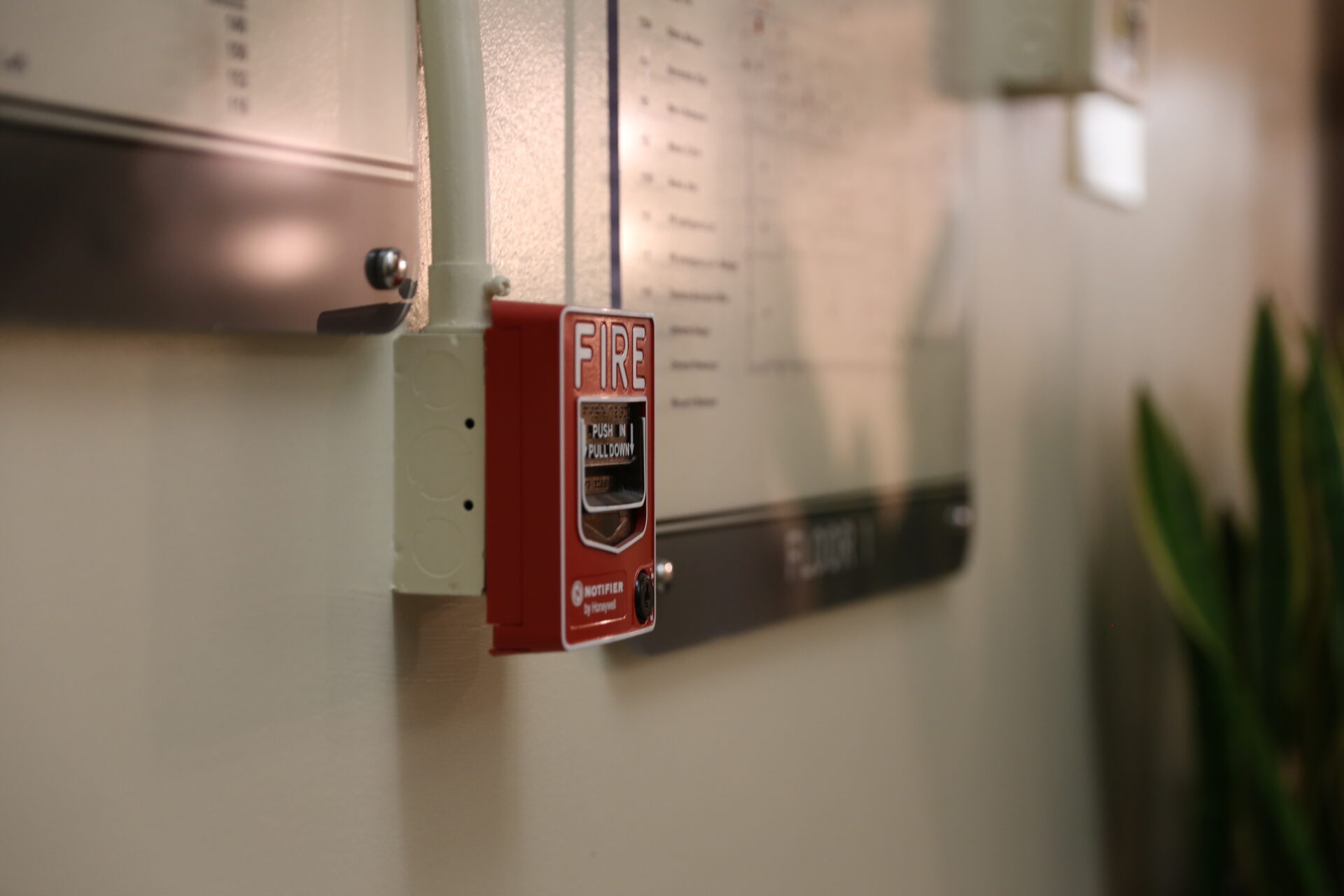
In honor of National Fire Prevention Week, Provo Fire & Rescue is working with Provo City and the BYU campus community to educate residents and students about fire safety.
Fire Marshal Lynn Schofield from Provo Fire & Rescue said they hosted a Fire Prevention Safety Fair on Monday, Oct. 9 to help educate community members about Fire Prevention Safety Week. The fair included fire safety trainings, displays of their equipment, a fire and life safety house where kids learned about exit planning and other skills and a special guest from BYU: Cosmo the Cougar.

Sponsored by the National Fire Protection Association since 1922, Fire Prevention Week is the United States’ most enduring public health observance. It aims to give people lifesaving skills they can use to prevent fire casualties and serves to commemorate the Great Chicago Fire of 1871, which killed more than 250 people, left more than 100,000 homeless and destroyed roughly one third of the city.
This year, the National Fire Protection Association chose to focus their efforts on cooking safety in response to recent data indicating a rise in home fires and home fire injuries caused by cooking.
“Cooking fires are the most common cause of fires across the United States, and we fall in line with that,” Deputy Fire Marshal Jeanie Atherton from Provo Fire & Rescue said regarding Provo city.
According to BYU’s 2023 Annual Security and Fire Safety Report, the majority of fires reported on campus were “unintentional kitchen fires.” However, Fire Marshal Kevin Paxton from BYU Risk Management and Safety clarified there has only been one kitchen fire on campus in the last three years, and all other reports were smoke-related with no reportable damage.

Schofield said Provo Fire & Rescue works hand in hand with Paxton and BYU Risk Management and Safety to keep the BYU campus and community safe.
“We have a very good working relationship with BYU on a variety of things: their construction, the ongoing maintenance and care of their buildings, all of their athletic events (and) we provide fire and medical for a lot of activities that happen on campus,” Schofield said.
Paxton said BYU Risk Management and Safety cares for the BYU campus by reviewing and inspecting the life safety systems installed across campus buildings, inspecting and maintaining more than 6,000 fire extinguishers and working at large events to ensure the safety of students and participants.
Additionally, BYU Risk Management and Safety also provides all residential assistants in student housing with fire extinguisher training and makes sure all on-campus tenants participate in a fire drill within the first 10 days of each semester.

Considering what BYU students can do to promote fire safety in their living spaces, Atherton and Schofield recommended students implement safe cooking practices such as not leaving things unattended, making sure they have working smoke detectors and being careful about what they put on and around stoves. They also encouraged students to create and practice their own fire evacuation plans.
“If they see something, say something, always stay alert and avoid being distracted when cooking,” Paxton added.
National Fire Prevention Week began Monday, Oct. 9 and will continue until Friday, Oct. 13.




